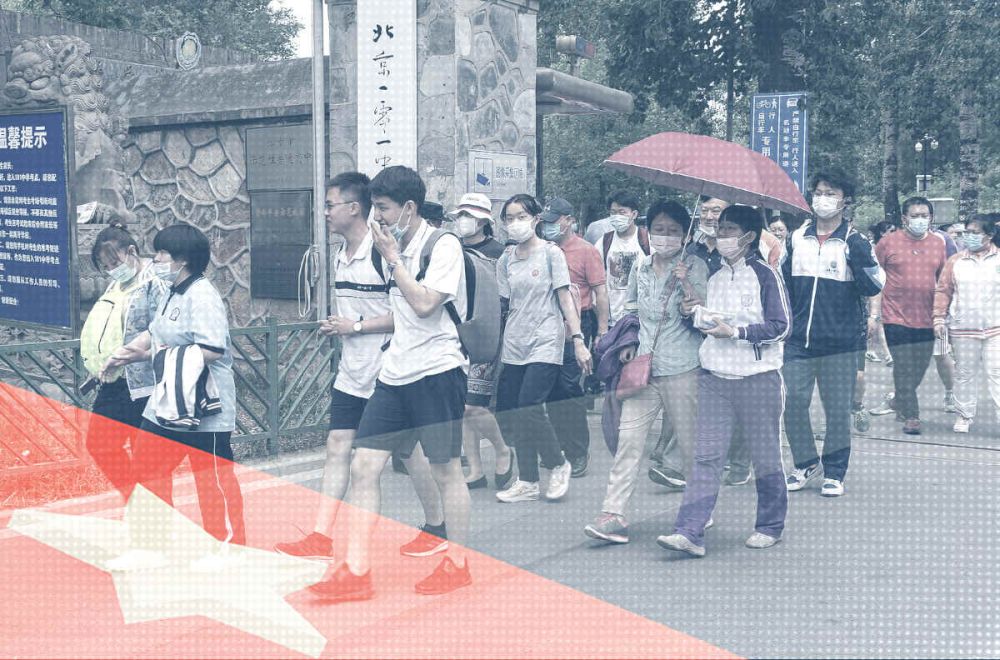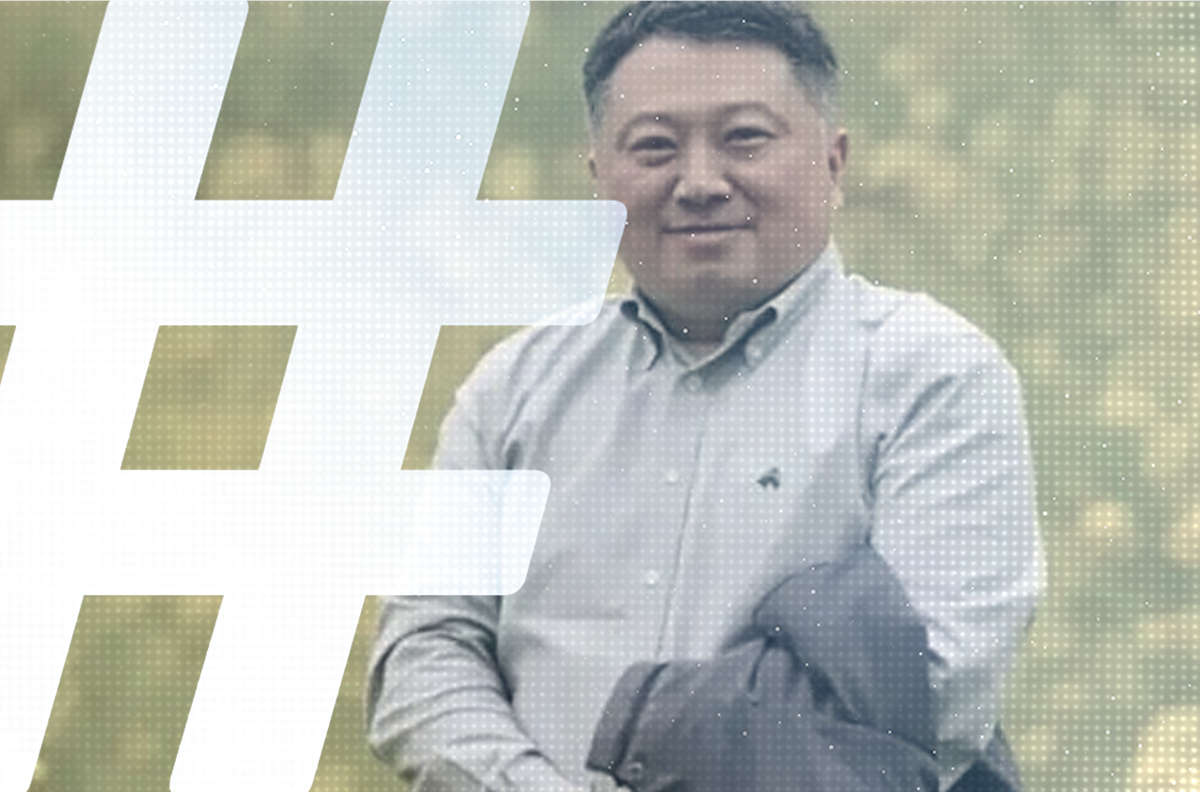
As the doors opened Monday for China’s national college entrance examinations, nearly 11 million candidates flooded examination centers across the country. And as the clock ran down to zero for the morning’s language subject test, it was finally possible by lunchtime for People’s Daily Online to share this year’s essay test questions.
What competencies were China’s young test takers challenged to demonstrate? An appreciation of the world views of others, perhaps? Or a tough-minded curiosity on global and intercultural issues? Surely, as the leadership pushes for innovation and self-reliance, these future university students were encouraged to demonstrate their capacity for independent and critical thinking?
Think again. But do not think too acutely.
The demand for competence and allegiance increasingly commingle in Xi Jinping’s China, where education has become a process not just of gaining knowledge and skill, but of signaling and instilling the image of the Chinese Communist Party as benevolent and capable. Patriotic education, or the “construction of socialist spiritual civilization” (社会主义精神文明建设), has been a feature of education in the PRC since the early 1990s, as the CCP sought to remake a legacy that had been badly damaged by the brutal suppression of pro-democracy demonstrations in 1989. But Xi Jinping has doubled down on the glories of the CCP’s past as a resource for legitimacy to be reconstructed from the primary level on up.
As Xi has regularly re-asserted, echoing Mao Zedong: “East, west, south, north and center, Party, government, military, society and education – the Party rules all.” New guidelines for patriotic education in 2019 encouraged the melding of “love of the Party, love of the nation and love of socialism,” and mandated “strengthening the will of a strong nation” (砥砺强国之志) through revolutionary nostalgia and the promise of what Xi has called the “great rejuvenation.” The emphasis on “red culture” has now become ubiquitous, to the point even of exhausting the very youth it is meant to inspire – with school textbooks on “transmitting red genes,” regular special events for the telling of “red stories,” and the incessant singing and dancing of “red songs.”
Little surprise then that many students taking college entrance examinations this week have been challenged to demonstrate, in 800 characters or more, their Panglossian allegiance to CCP ideals as they show off their mastery of Chinese grammar and composition.
The subject of National Paper A (全国甲卷) in yesterday’s exam was given as follows:
The Chinese Communist Party has gone through a century of history. The revolutionary culture and advanced socialist culture nurtured in the great struggle carried out by the Party in uniting and leading the people has been deeply integrated into our bloodline and soul. We have celebrated holidays such as “May Fourth,” “July First,” “August First” and “October 1,” and we have sung songs such as “March of the Volunteers” (义勇军进行曲), and “Without the CCP There Would Be No New China” (没有共产党就没有新中国). We have read works such as “Serve the People” (为人民服务), “Qin Yuan Chun – Snow” (《沁园春·雪), “Lotus Creek” (荷花淀) and “Red Crag” (红岩). We have admired revolutionary martyrs such as Li Dazhao (李大钊), Xia Minghan, Fang Zhimin and Yang Jingyu. We study role models such as Lei Feng (雷锋), Jiao Yulu (焦裕禄), Qian Xuesen (钱学森), Huang Danian (黄大年) and others. All of them provide us with spiritual nourishment and inspiration. There is sunshine in our hearts, and there is power beneath our feet. Our future will merge with the new journey toward the great rejuvenation of the Chinese nation, and we are in the midst of an era of great promise . . . .
Assignment: Please compose an essay on the theme of “great possibilities and seizing opportunity” (可为与有为) on the basis of the material.
Xi’s New Era is certainly no time to expound in an exam paper on the temptations of “lying down” (躺平), a neologism that for many young people in China has come in recent weeks to offer the promise of tranquility, a respite from the unbearable pressures of ambition and overwork in a society that emphasizes self-sacrifice and “lives elevated by struggle.”




















